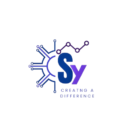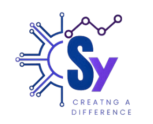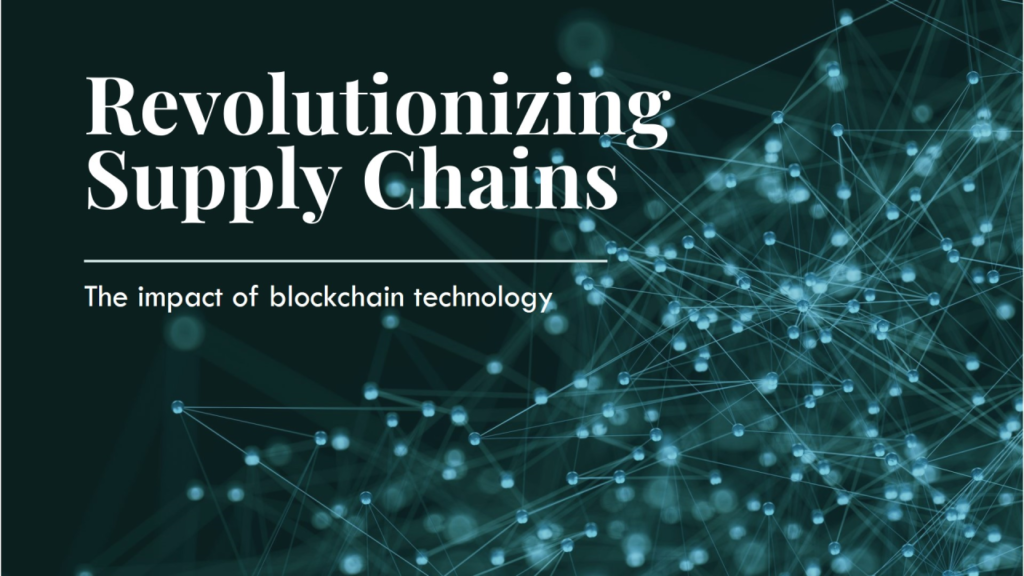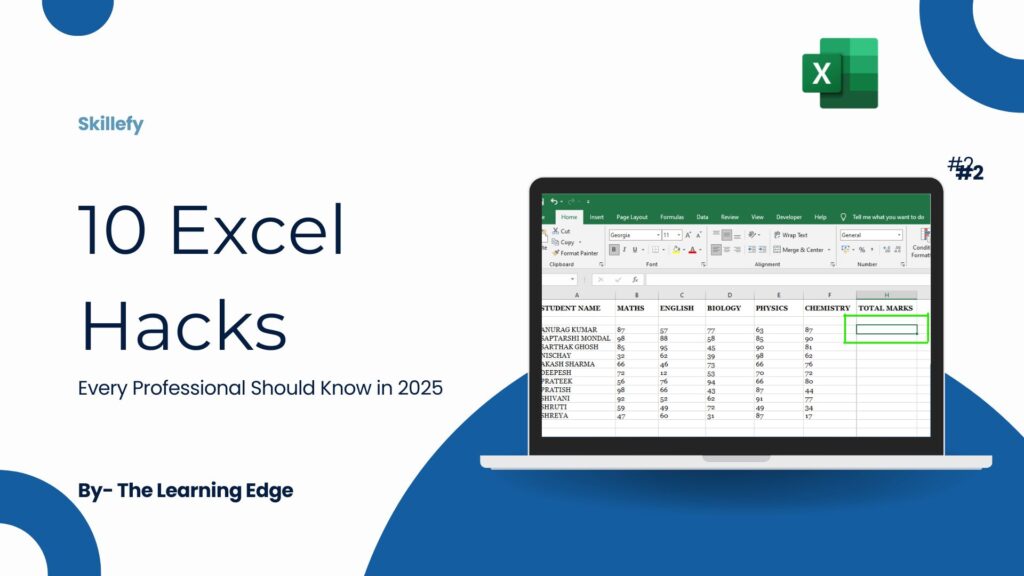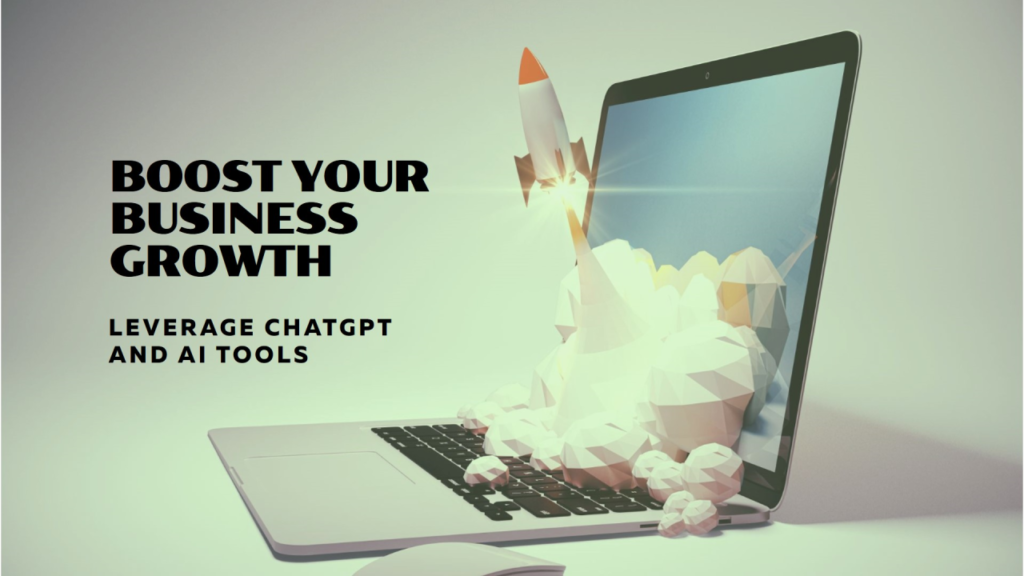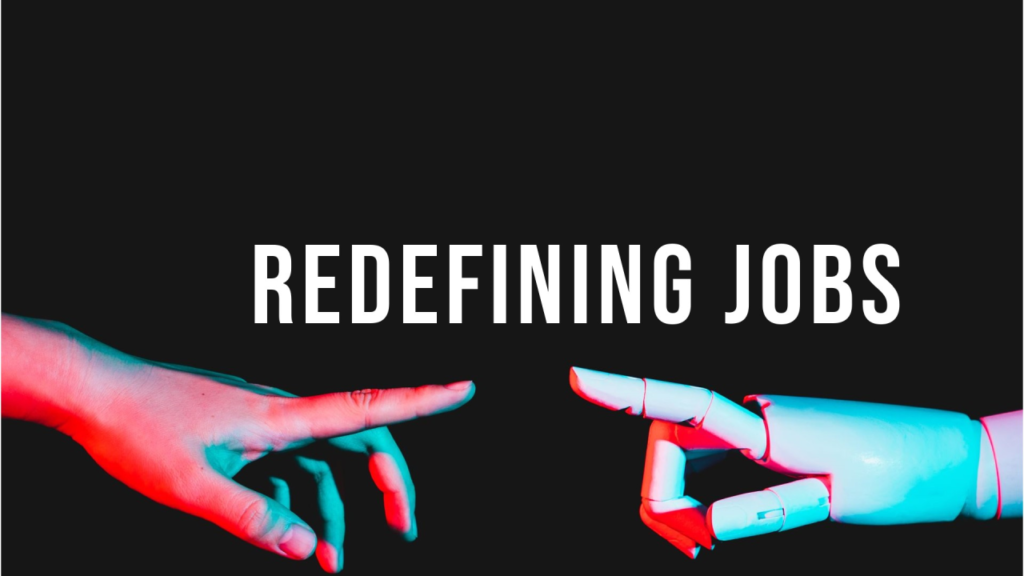Supply chains are an essential part of the modern global economy, as they connect manufacturers, suppliers, distributors, and consumers through intricate transactions. Still, even the most sophisticated supply chains have inefficiencies, lack transparency, and allow for fraud to happen. That’s where block chain technology comes into play as a game-changer for supply chains and many other sectors.
Block chain: The Foundation of a Transparent Future
In its most basic sense, block chain is a decentralized and immutable digital ledger that records transactions across many computers. The distributed nature of this framework ensures that all stakeholders have access to validate data, which in turn makes it tamper-proof. Block chain’s key attributes of transparency, security, and traceability help to overcome most of the weaknesses that are seen in traditional supply chain systems. Block chain’s promise lies in its ability to build trust and increase efficiency, which are two elements crucial to today’s economy.
Transforming the Supply Chain through Block chain
It is one of the most practical applications of this technology in relation to supply chains. Organizations now have the tools to address chronic problems that, until now, have hindered growth and innovation.
Transparency and Traceability Throughout the Chain:
- The block chain technology follows the tracking in real time through the whole life cycle of commodities, from the raw material till the final finished product. Each step of movement is recorded permanently as an immutable document of data. This feature finds particular importance among food and beverages industries where increased consumer demand arises for evidence regarding ethical sourcing. For instance, a coffee shop may be able to provide customers with certified information on the origin of their coffee beans, guaranteed to have been obtained sustainably and ethically.
An Effective Defence Against Fraud and Counterfeiting:
- The frauds and counterfeit products have become one of the major threats to the world, and each year businesses incur a lot of financial losses due to these activities. The immutability feature of block chain makes it nearly impossible for counterfeit items to enter the supply chain undetected. Luxury brands are already using block chain technology to verify their products, which ensures that the customers receive the authentic product and protects the brand integrity of luxury brands.
Automation and Smart Contracts for Increasing Efficiency:
- Block chain is a way to enhance operational efficiency through automation and minimize dependence on traditional paper-based systems. Self-executing smart contracts embedded in the block chain eliminate the need for intermediaries. It not only reduces costs but also speeds up the time it takes to make transactions. For example, shipping companies like Maersk have used block chain effectively to optimize the tracking of containers, thus significantly reducing administrative burdens and delays.
The reach of block chain in the industry transcends the applications of supply chain management, creating a more powerful impact in multiple sectors. Notably, advantages in the application of healthcare, finance, real estate, and energy are substantial in terms of using block chain technology.
Digital Health Transformation
In the field of healthcare, block chain provides the possibility of safely and immutably storing sensitive information of patients. In addition, it enhances the traceability of drugs by allowing for a clear pharmaceutical supply chain, thus preventing counterfeit medications that will ensure health for patients.
Transforming Financial Transactions:
While block chain serves as the backbone for crypto currencies like Bit coin, its uses are far-reaching. It allows for rapid, secure, and transparent international payments, significantly mitigating the risk of fraud. Financial institutions are increasingly adopting block chain technology to foster trust and streamline operations.
Streamlining and Securing Real Estate:
Real estate transactions are often cumbersome, riddled with red tape, and fraught with the possibility of fraud. But block chain technology will help record these transactions transparently. Block chain allows the creation of immutably maintained ownership records and accelerates transactions while keeping the integrity of the property exchange.
Advancements in the Energy Industry:
Block chain makes it possible to facilitate peer-to-peer energy trading between consumers through buying and selling excess energy without intermediaries.
The strategy dislodges centralized utility companies but instead encourages environmentally conscious practices: the new future represents an essential revolution in decentralized, clean energy practices.
Challenges and the way forward
Block chain technology is promising; however, various challenges are restricting its widespread adaptation. Scalability is the biggest issue because technology needs to process increasing volumes of transactions efficiently. Moreover, older block chain systems consumed more energy, and this has also been a serious concern. Lack of regulatory clarity is another hindrance to innovation and wider adaptation.
Still, the industry is aggressively addressing the concerns. There is now newer consensus mechanisms that offer a better, more energy-friendly alternative like PoS. More importantly, there is regulatory work being done. It makes it clearer as the regulatory work does more to facilitate a conducive climate for block chain.
Block chain in Supply Chains and Beyond
Block chain will just be an opening chapter in this use case for supply chains. With this technology evolving, it will eventually be incorporated with other developments such as IoT and AI, hence coming up with even smarter and responsive systems. This is going to minimize waste, increase customer satisfaction, and boost efficiency to unparalleled levels. Beyond supply chains, blockchain will forever change the various industries, driving trust and transparency in an ever more interconnected landscape.
Conclusion

It can be seen as the transformation potential of blockchain that will help to solve the fundamental issues in regard to trust, transparency, and efficiency. The supply chain now gets a new wave of innovation and accountability in the era of blockchain. The journey of industries into its capability is going to revolutionize how we trade, transact, and build trust in the digital age. It’s just getting started, and the possibilities are endless.
Learn More – Success Blueprint
Visit our Linkedin Profile – Success Blueprint
Wanna Know How To Create GST-Compliant Invoices in Tally Prime.?
Introduction In a world where businesses run on speed, automation, and compliance, Tally Prime remains…
Avoid These 5 Founder Fails That Cost Time, Money & Confidence
The road to entrepreneurship is exciting—but let’s be real, it’s full of potholes.What if you…
Why Your Social Media Strategy Is Failing (And How to Fix It in 2025)
It’s 2025, and yet many entrepreneurs are stuck in 2018-era social media tactics. Posting daily,…
10 Excel Hacks Every Professional Should Know in 2025
Excel is more than just rows and columns. It’s your secret weapon for analysis, reporting,…
The Harsh Truth About Skill-Based Internships (And How to Beat the Odds)
Tired of Useless Internships? Here’s One That Actually Builds Your CareerLet’s be honest: Too many…
Do you think You Are Late in this AI world (How to Catch Up)
In 2025, AI is no longer optional—it’s a weapon for those who know how to…









